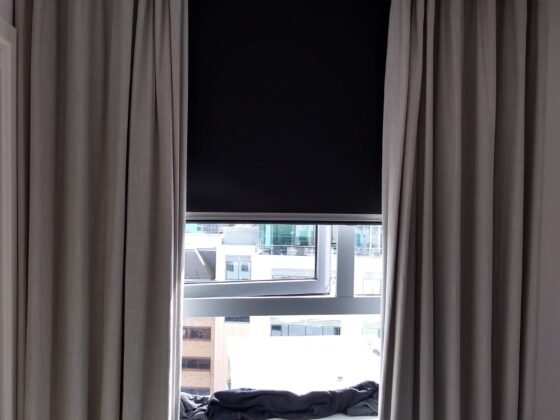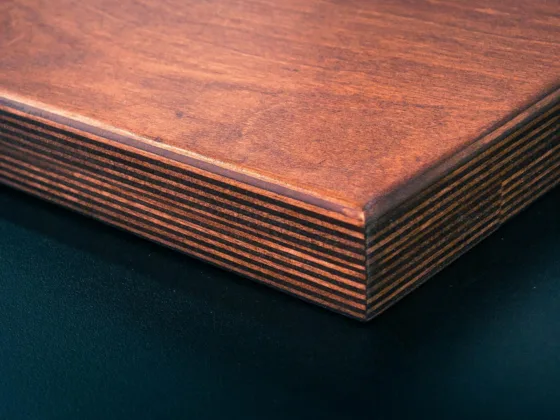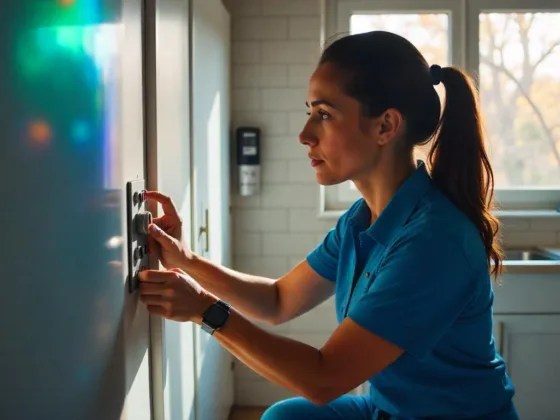Table of Contents Show
When buying a house, the plumbing system is one of the most important things to check. Plumbing problems can be expensive to repair and troublesome to deal with.
Conducting a thorough plumbing inspection before purchasing a home can help identify any issues and negotiate the best price. Here are some tips to check for common plumbing problems when buying a house.
Inspect All Water Heaters
Water heaters are essential but only have a lifespan of around 10-15 years. Check the water heater for any signs of leaking, rust, or dents. Turn on a few faucets in the house and check that the water temperature reaches a sufficiently high level for your needs.
If the water heater is old or not functioning properly, it may need costly repairs or replacement soon. Negotiate the price of a new unit or replacement for your offer.
Read Also:
Check Water Pressure at All Fixtures
Turn on all faucets, showers, bathtubs, and hose bibs in the house, one at a time, and check the water pressure. Look for fixtures with very low pressure, or those that take a long time for hot water to reach.
This could indicate plumbing blockages, corroded pipes, or poor supply lines that will need attention. Low pressure is also inconvenient to live with and can impact your daily use of water.
Test All Toilets and Drains
Flush each toilet in the house and check for proper draining and any leaks under the bowl or tank. Look for toilets that are loose or wobbly, as this indicates a leak in the wax seal on the floor.
Check bathtub, shower, and sink drains as well for slow or backed-up water flow. Plugged drains or leaking toilets can be easy to fix, but may also indicate tree root intrusion or pipe damage if frequent or severe.
Inspect Under Sinks for Leaks And Water Damage
Look under kitchen sinks, bathroom vanities, utility sinks, and any other sinks for signs of current or past leaks. Check for stains on the cabinet base, flooring, or walls. Look at the pipe fittings for drips or water damage.
Run some water in the adjacent sink or tub above and check again for new drips or leaks appearing. Damage from leaking pipes may need repairs to prevent ongoing issues.
Check Hot Water Recirculating Pumps
If the house has a hot water recirculating pump, ensure it is functioning properly. Turn on the hot water faucets in the house and check how long it takes for hot water to start flowing out.
It could indicate issues with the recirculating system if it takes more than a few seconds. These pumps are convenient but do require maintenance and occasional repairs or replacement. It is good to be aware of their condition when buying a house.
Scope Drain Pipes If Needed
If your inspections uncover any indications of clogs, leaks, or pipe damage, it may be worth having professional drain scoping or plumbing inspections done.
A professional plumbing service like https://elkgroveplumbinganddrain.com/ can use a waterproof camera to view inside drain pipes and sewer lines to check for issues like tree root intrusion, pipe corrosion, or breakage.
These comprehensive checks can uncover issues that standard visual inspections might miss. Any major problems found can then be addressed before finalizing the sale.
To Wrap Up
Plumbing problems may not always be visible or detectable during a standard home inspection.
However, going through the house methodically and checking all water fixtures, drains, pumps, water heaters, and exposed plumbing can help identify many common issues.
Consult a plumber to do more in-depth inspections if your checks unearth any clues to underlying plumbing defects or damage.
Discovering issues during the buying process allows them to be repaired now rather than dealing with the problems, and costs, yourself as the new homeowner later on.
Conducting a proper plumbing assessment when buying a house gives you greater peace of mind in your new home.










